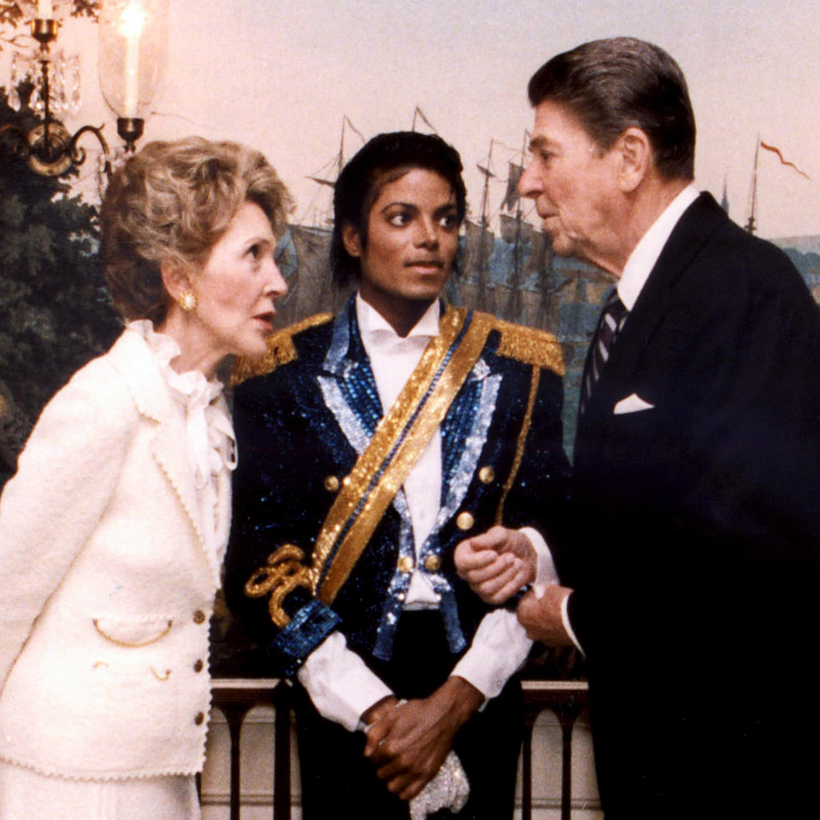If you’re a deceased former president in need of a definitive biography, the best thing to be is irrelevant. Think of Harry Truman or Lyndon Johnson, once fearsome commanders in chief who, at the time of their deaths, had little hold over their party. When, in time, great biographers set their sights on them—David McCullough on Truman, Robert Caro on Johnson—surviving aides and intimates could share revealing documents and frank reflections, confident they were discussing an ever more distant past. Essential, enduring books ensued.
For a long time, books about Ronald Reagan were doomed to an opposite fate. Reagan’s June 2004 state funeral, presided over by George W. Bush in the midst of his re-election campaign, felt less like a farewell than a feast day for the modern Republican Party’s patron saint. Remember the embarrassing Republican primaries of the early 21st century when candidates would compete to be the true tax-hating, freedom-loving, big-government-slaying reincarnation of Ronnie?


